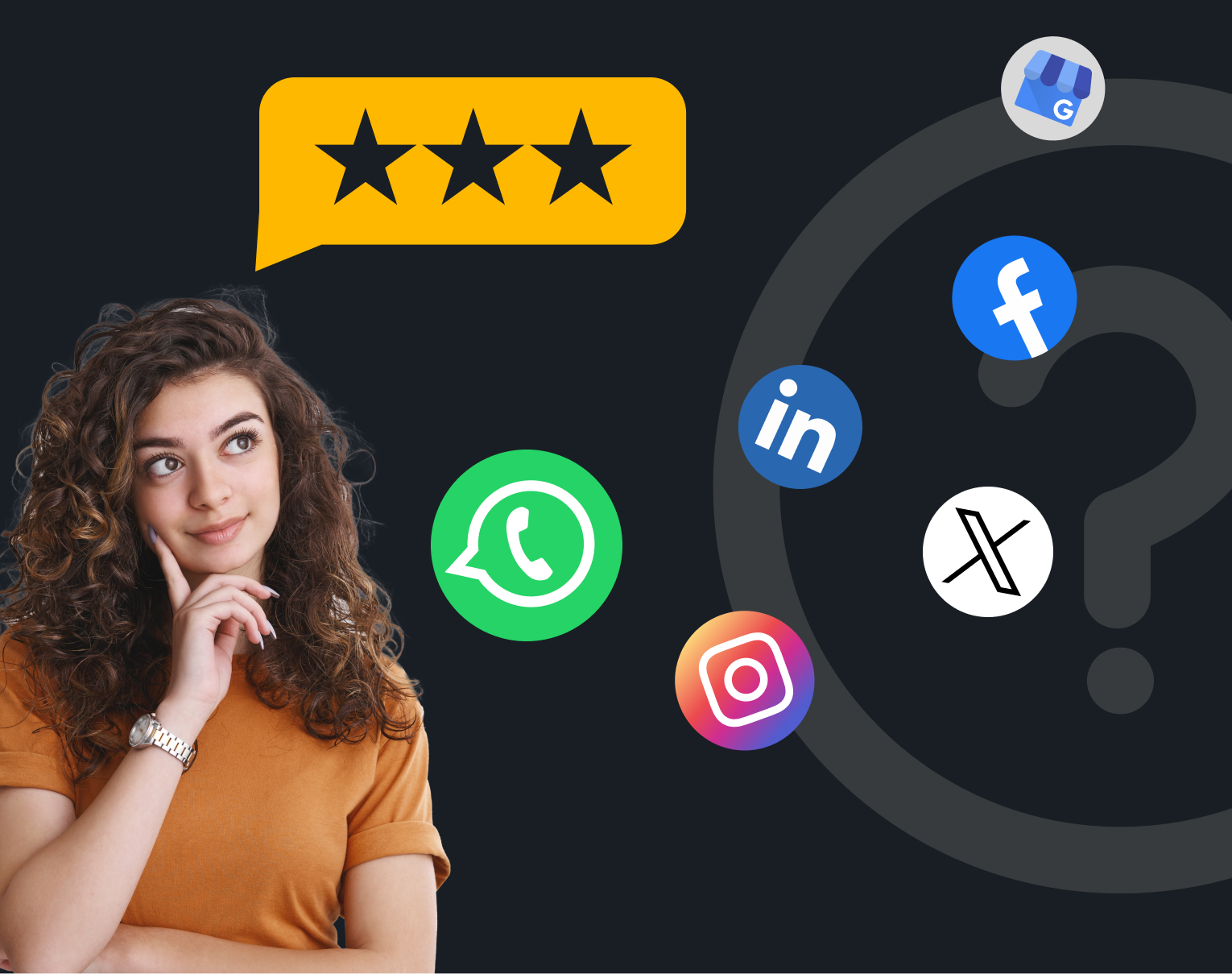Can you imagine a world where there is no sound; I mean how would you feel if you couldn’t hear?
How would things have functioned then and how the world would have run? Well, things would have been other ways; maybe we would be communicating through sign language or through some other technology but all on MUTE. We would be ignorant about what music is? How laughter sounds? How a thunder storms? How people talk and fight… all of it. It is indeed difficult to imagine such a world, isn’t it?
Now think of another situation when the sense of hearing does exist but your life is on mute, because you don’t possess the power to listen.
How difficult or different would someone’s life be who can’t hear?
I guess it’s even weirder when someone doesn’t listen even after they possess the hearing capability; not because they don’t pay heed but because someone who is talking about them or talking to them is miles away. That’s because the human hearing range is only 20 Hz to 20 kHz. Or could be because there is just too much of noise around you – With social media becoming a big part of our social lives, the socializing factor and the way we socialize today has changed completely from the traditional methods. Similarly the way we talk and the way we hear has also changed.
On social media, whether you are a human or a brand people are always talking about you; all the time.
Why do you need to listen?
1) To know who is talking about you.
2) To understand if the ones who are listening to you are the ones you want to reach: if you are connected to the right set of people?
3) To monitor how they talk, good or bad? To be able to control a crisis if any.
4) To know how you are being perceived and how things can be improved: by sharing your stories and staying connected with the world.
5) To know their likes, dislikes and what’s trending: Spotting the trends and discovering influencers and to leverage on the positive influencers
6) To know your competition: Know and understand where you stand with all the competition around.
7) To access and utilize an opportunity.
8) Most importantly to be able to talk and respond appropriately: Minimize the respond time.
So can you monitor everything that the world talks about? The answer is YES. What if you are listening but it’s only a part of the whole thing? Well with the right strategy and approach it is definitely possible to monitor and understand exactly what you want to. With so much of buzz being generated online, data mining and relevance becomes a big issue. But if data is intelligently handled and processed it has the power to change lives. Data extraction and making sense out of the social noise used to be a big challenge until few centuries back but with the advent of smart business intelligence tools we can now monitor and channelize what we want to monitor as well.
In short: We can monitor what we want to monitor.
An ideal social media listening tool should not only allow you to monitor but enable you to measure your performance with metrics over a specified period of time.
Social media listening is typically done on the basis of looking for keywords relevant to your brand and industry. The tool allows you to fetch and grab these words meaningful to you and draw information out of them.
Social media listening actually allows you to solve a lot of problems by optimizing your results and delivering meaning out of the social media madness.
A standard social media listening tool will allow you to:
a) Allow you to listen and monitor to exactly what you want to.
b) Engagement with people (your fans and followers).
c) Content publishing across your social media channels.
d) Check your performance with insights.
An awesome social media monitoring tool will allow you to:
a) Not only listen and monitor but will allow sentiment analysis of the messages as well, if it’s positive, negative or neutral.
b) Engage with your fans and followers from the tool itself.
c) Multiple messages publishing at one shot.
d) Check your performance through detailed insights like engagement trend and ratio, influence trend.
e) Make comparisons with your competition and give a picture of where you stand.
Analyze and Act.
Social media listening tools allows you to track many metrics on social media, choose the ones that are relevant to you and your business.
What metrics are relevant to your business? Which social media listening tools do you prefer and why? Let me know your thoughts.

